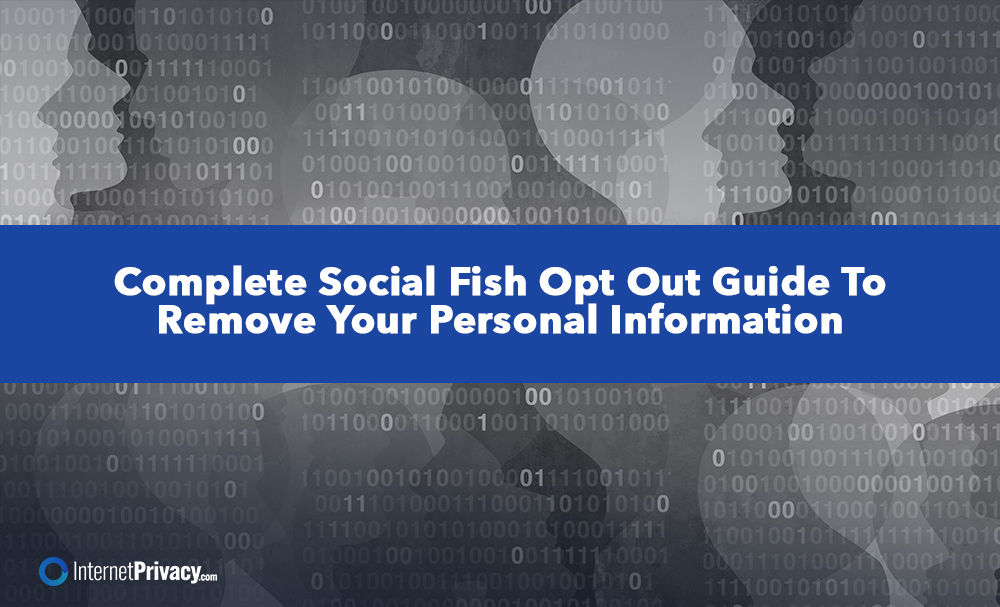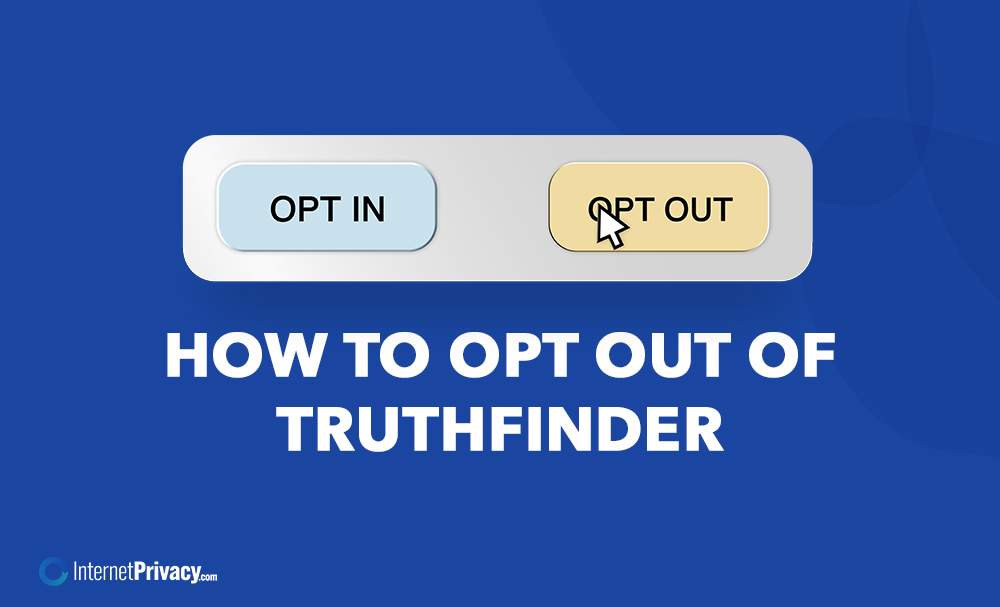Social Media Security Risks for Businesses: Dangers and What to Know

The importance of social media marketing, especially for building brand awareness, is well known. However, social media security risks for businesses are on the rise.
Your company’s reputation is now at risk of attack by ex-employees, upset customers, unscrupulous competitors, and cybercriminals.
And your brand is likely to suffer when public information goes viral, even when it’s not true. This may include info on bankruptcy or a rumor that someone died.
Social Media Security Risks for Businesses Can Destroy Online Reputations
The BBC warns that social media can destroy your brand in a matter of minutes. It makes no difference if the posts are true or not.
In fact, all that matters is that the information goes viral. Social media companies promote outrageous information. This is because these types of postings tend to engage the social media users the most.
The BBC provides examples of direct harm resulting from social media attacks. These include false posts, truthful statements, negative comments, and even identity theft:
False Rumor — Metro Bank
Recently, a sudden drop of 11% in market value occurred for the Metro Bank in the UK. The loss came after rumors of the bank’s financial troubles, which were false. Police are looking into illegal market manipulation as the motivation for these rumors. These rumors amounted to creating a false run on the bank, causing customers to panic.
Truthful Post — Samsung
Social media posts don’t have to be false to cause harm. In fact, Samsung’s value took a dive when investors sold shares based on an honest post. The loss happened when Tesla CEO Elon Musk posted on Twitter that he was working with Panasonic to develop an electric vehicle.
Offensive Comment — Chase Bank
Chase was accused of “poor-shaming.” An executive posted that low-income people should stop taking cabs and buying coffee at coffee shops. Such a tone-deaf post is usually not fit for public view.
Organizational Identity Theft — Amazon
Criminals posing as customer service for Amazon in India asked customers to pay a customs fee to have packages delivered.
These are just a few examples of social media risks for businesses. Each case shows the importance of reputation and monitoring all social media posts carefully.
Social Media Has Incentive to Do Harm
There is real incentive for social media companies to promote falsehoods, conspiracies and controversies. Doing so creates more web traffic and more time on social media.
And the more outrageous the content, the more engaging it is for the users of social platforms.
There is little downside for social media companies, aside from the pressure of political scolding.
Legally, all social media firms have protection under the 1996 Communication Decency Act. This act states that “no provider or user of an interactive computer service shall be treated as the publisher or speaker of any information provided by another.”
In the U.S., people who post on social media are responsible for what they say. This is not the same overseas, where social media companies bear more responsibility.
How does the Communication Decency Act harm businesses?
At first glance, CDA protections seem to make sense. After all, everyone should be responsible for what they say in a public forum, right?
The problem, however, is not personal responsibility. Personal liability exists under existing libel and slander laws. Lawsuits are generally the best response to libel and slander.
The main issue is that social media promotes these statements without verifying their accuracy. This increases the social media security risks for businesses.
The CDA protects social media companies from punishment. Social media firms each have terms and conditions but are not encouraged to devote resources to verifying user statements.
In fact, social media companies have financial incentives to promote crazy conspiracy theories and falsehoods. And the more outrageous, the better.
This is one reason for the spread of conspiracies. Social media platforms do little to disavow conspiracies, which then lead to their popularity.
Since it is not possible to prove a negative, there is no practical way to prove these things aren’t true.
What are some social media security risks for businesses?
Each year, EY conducts a Global Information Security Survey. The 2019-2020 survey found that 59% of companies had one or more negative social media incidents during the past year. EY also reports that companies spend over $600 billion each year building brands, and only about 10% of that to protect them.
Social media security risks for businesses include:
Fake News
Anyone on social media can post anything at any time. And followers can repost their posts for millions to see. An example of this might be a rumor of a celebrity’s death.
Bad News
Social media may be the first way people learn something bad. This, in turn, is bad news for a business. And bad news tends to spread like wildfire and go viral.
Real News Dismissed as “Fake News”
An example of this could be claiming the recent pandemic is fake news. People are often banned from Twitter for this type of behavior.
Large Scale Cyber Attack
Cyberattacks may even come from nations like North Korea. One example is the recent cyberattack on Sony Pictures.
Employee Leaks
Employees who use social media to discuss your company can sometimes leak too much info.
Compliance Violations
Employees can cause a lot of problems with hate speech and racist comments. Even when made on personal time, these posts may lead to a firing, particularly when they damage your company’s reputation.
Head Hunting
Top employees on sites like LinkedIn are often targeted by recruiting agencies. These recruiters often poach the best employees from a business to get them to work for a competitor.
Reputation Loss
It’s a bad idea for businesses to ignore social media. Customers search companies, brands, and products on social media before making a decision. Leaving online complaints unmanaged often only makes things worse.
There is no need to overreact to every bad comment. In fact, it’s sometimes better to ignore some of them. This is because responding may draw unwanted attention.
But when you must, responses to comments on social should always be polite and professional.
A good response to a customer complaint might be, “We would like to give you an instant refund and a discount on your next order. Please contact customer service right away for your refund.”
With such a response, even bad comments can turn into examples of great customer service. Consider this refund expense a form of counter-advertising that turns negative comments into opportunities.
Why You Need Better Social Media Security
Social media security risks for businesses are often tied to employee behavior. Without correct policies in place, your business is vulnerable to attack and long-term reputation damage.
Spam Emails and Fake Social Media Posts
There are more than seven billion spam emails and social media postings made every day. Generally, these are attempts to steal secret data. These activities pay off for cybercriminals and result in about two billion data breaches each year.
Phishing for Stolen Identities
Hackers use over two million stolen identities each year. These include more than 500 million phishing attempts per year. These compromise users and expose confidential information about your company.
Malware can also be hidden in downloads on social media. Simply visiting a website is sometimes all it takes to download malware.
Is an email real and from a trusted source?
Just think about this problem for a moment. If an employee gets an email from the CEO, who will object to it?
This is what criminals do. They get workers to wire money to bank accounts in areas without ways to recover the funds.
Hackers use social media and email to get the CEO’s login information. They then use that info to send an inter-company email pretending to be the CEO.
Knowing that, it just makes sense to hire an online reputation management company to reduce social media security risks for businesses.
How Do I Manage Social Media Security Risks for My Company?
The key to social media monitoring is to be able to react quickly to online threats.
Call us today to learn more.





